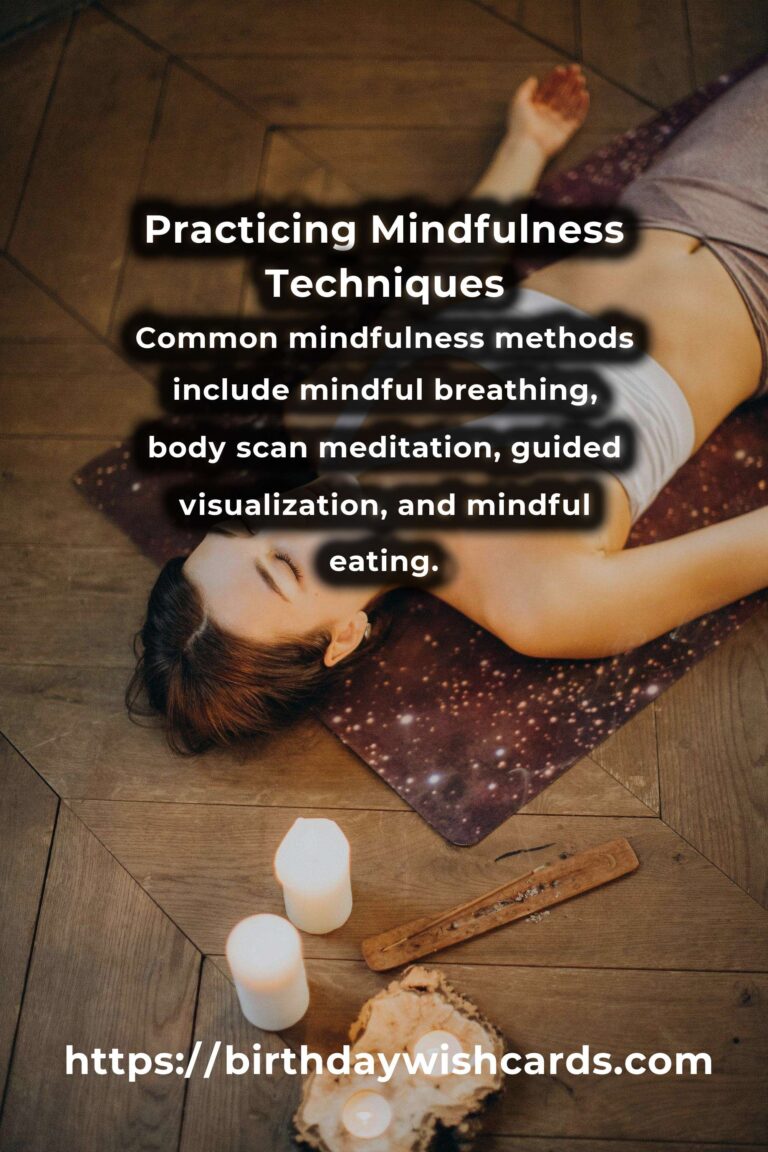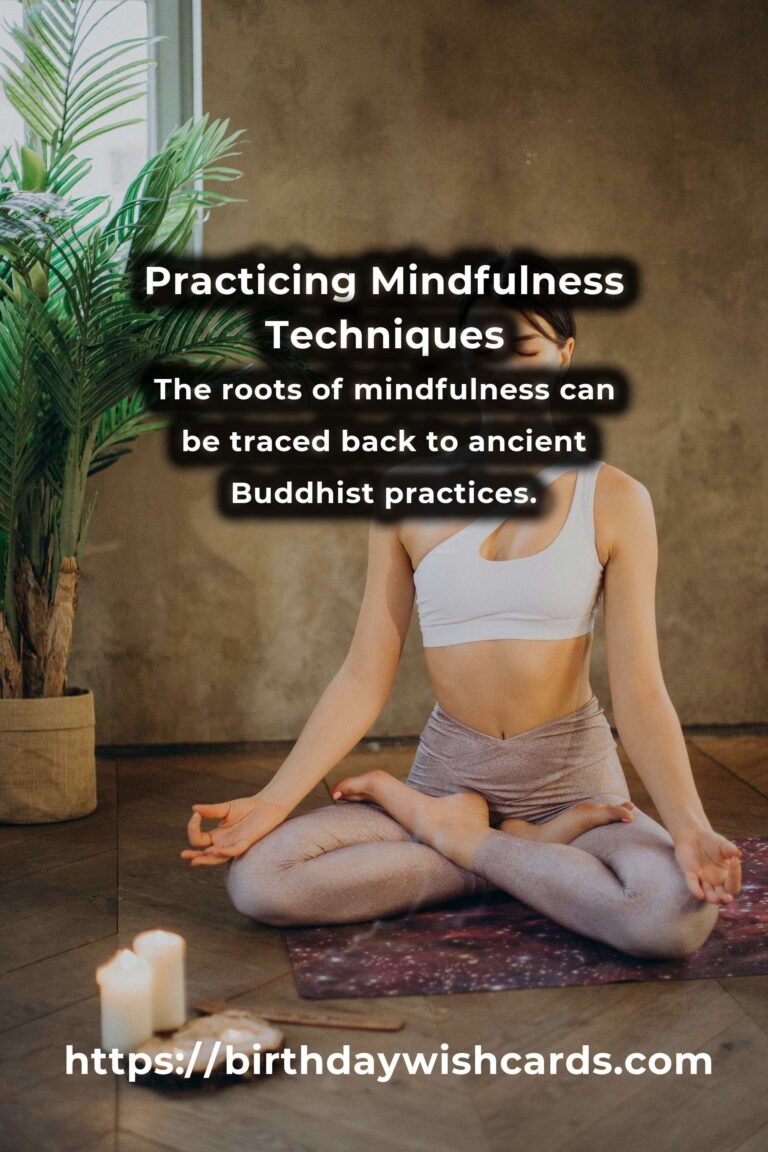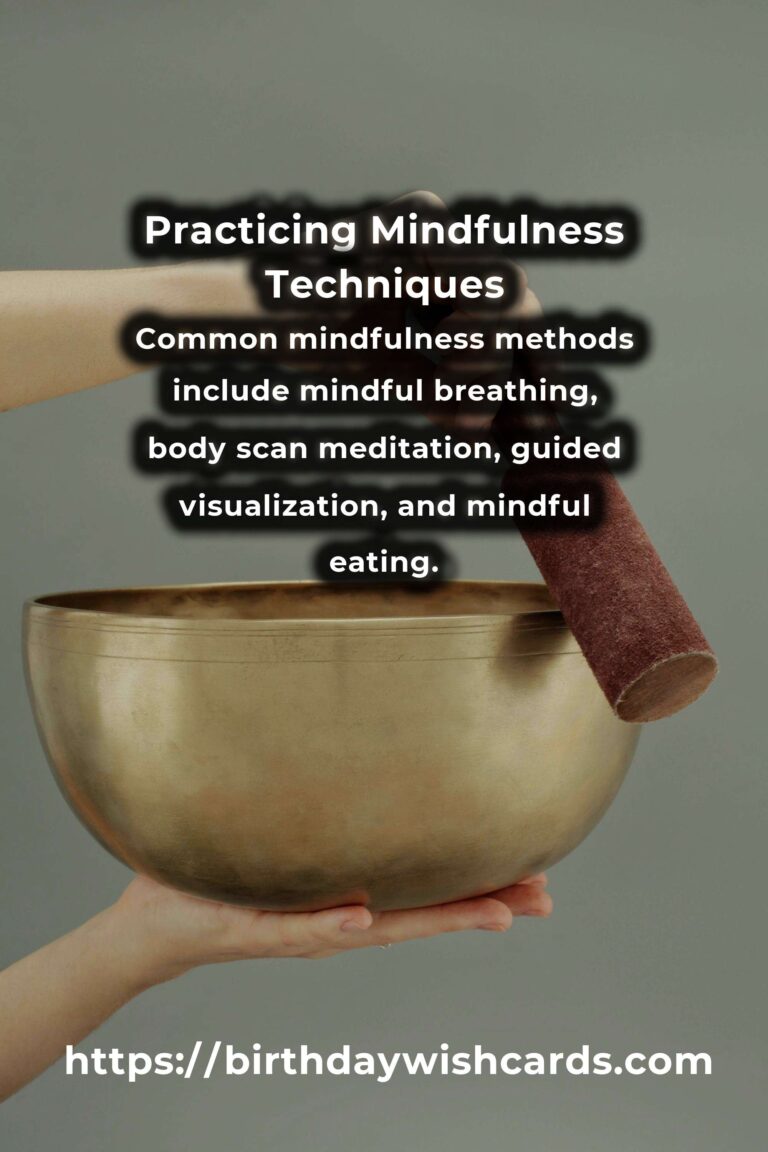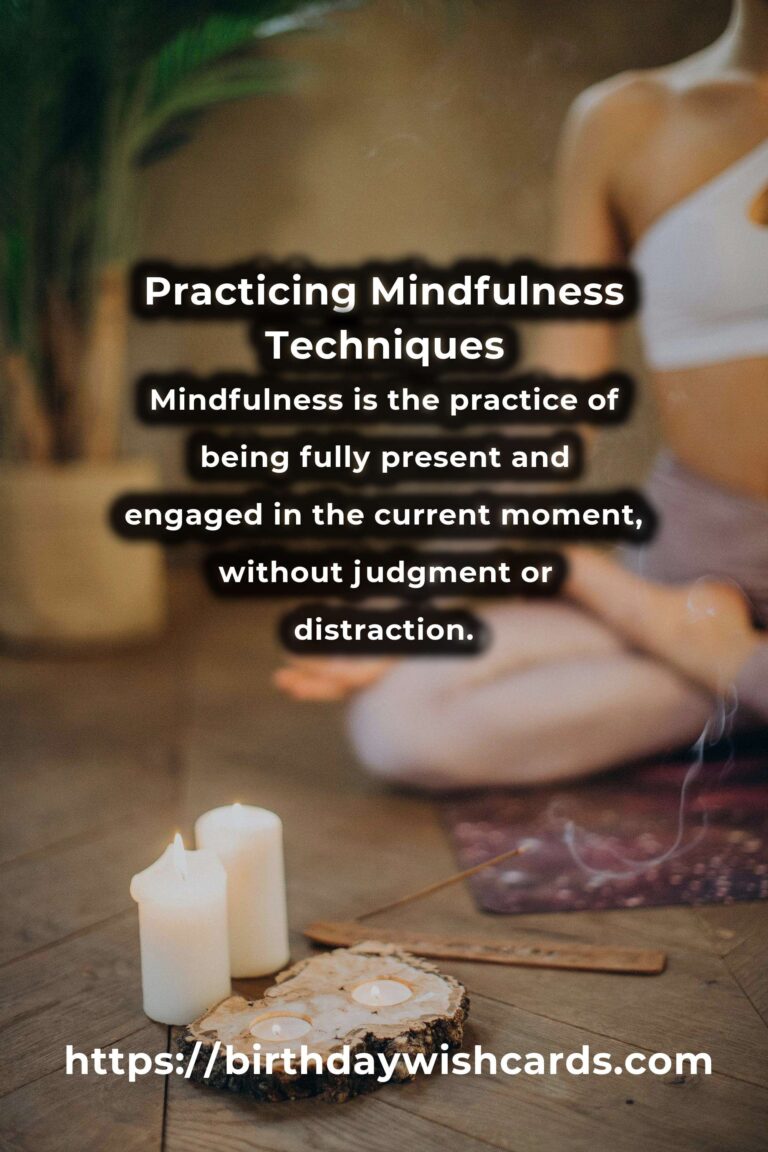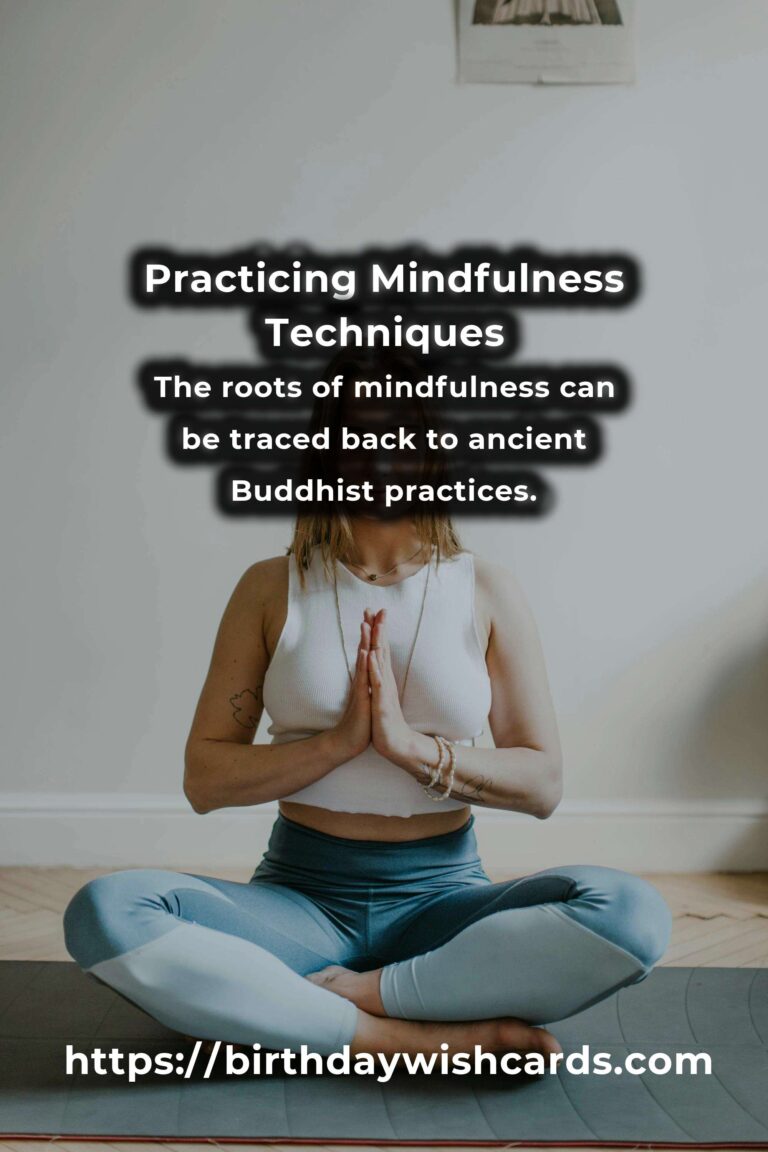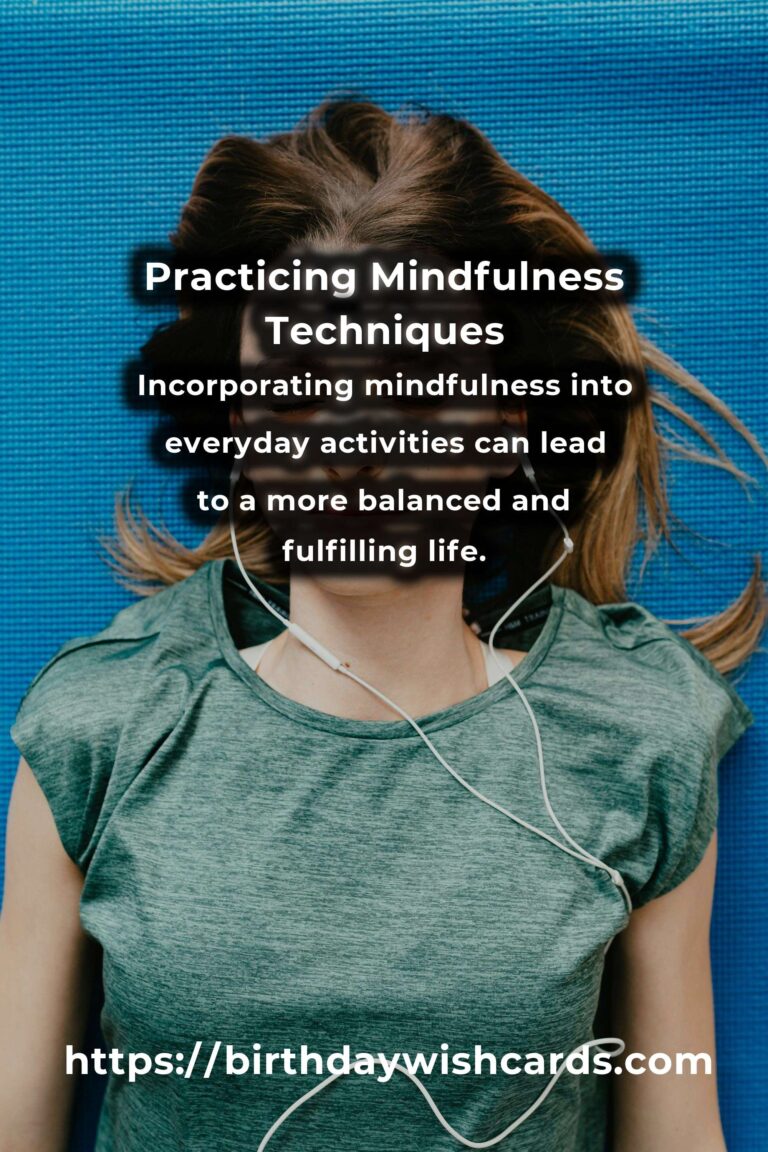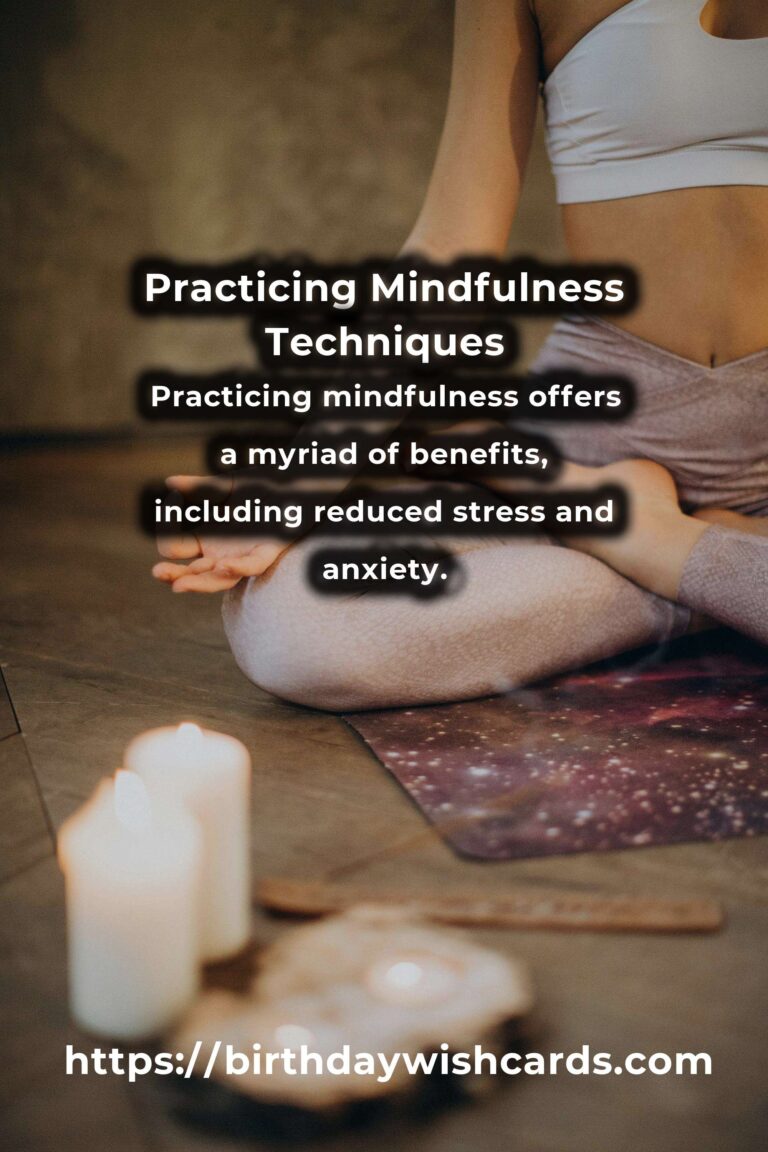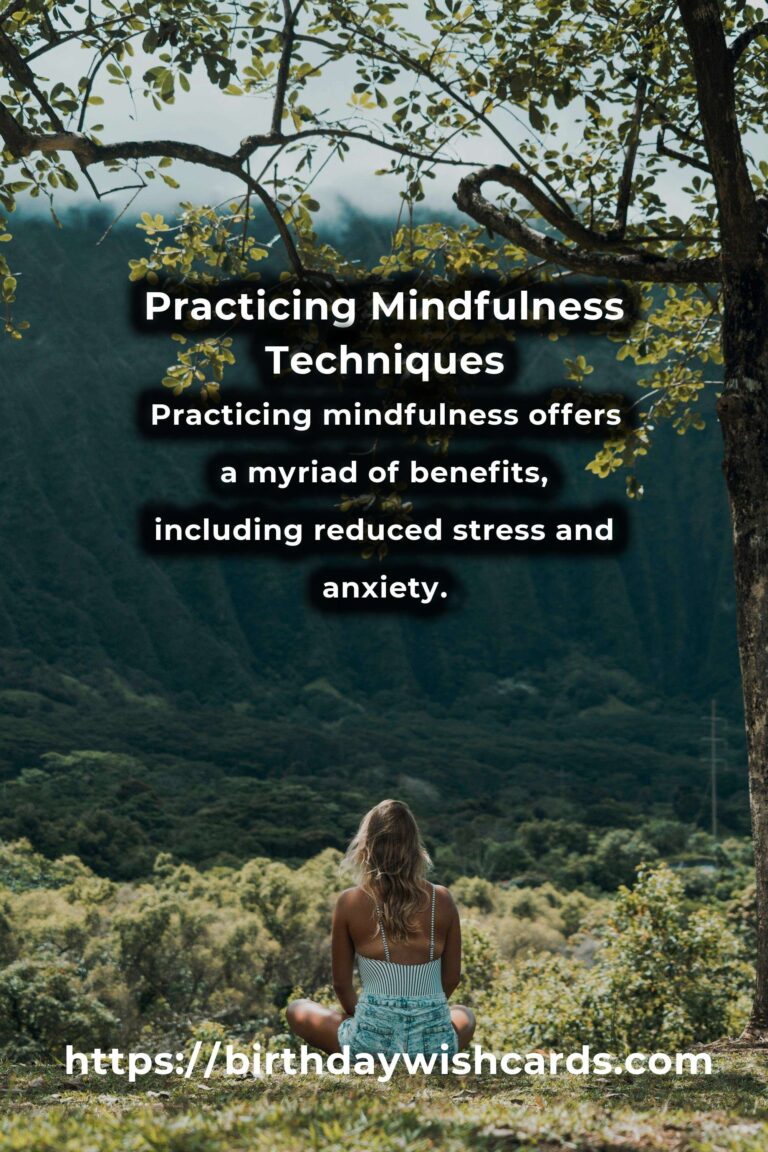
Mindfulness is a term that has gained significant attention in recent years, captivating the interest of individuals seeking mental clarity and emotional well-being. However, despite its popularity, the concept of mindfulness is often misunderstood or oversimplified. In this article, we aim to demystify mindfulness methods, offering a comprehensive guide to understanding and practicing mindfulness effectively.
What is Mindfulness?
Mindfulness is the practice of being fully present and engaged in the current moment, without judgment or distraction. It involves awareness of thoughts, emotions, and sensations, allowing individuals to experience life more fully. At its core, mindfulness is about cultivating a heightened state of awareness and acceptance.
The Origins of Mindfulness
The roots of mindfulness can be traced back to ancient Buddhist practices, where it was a fundamental component of meditation. Over the years, mindfulness has transcended religious boundaries and has been embraced in various secular and therapeutic contexts. Today, mindfulness is utilized in numerous fields, including psychology, education, and healthcare.
Benefits of Mindfulness
Practicing mindfulness offers a myriad of benefits, both psychological and physiological. These include:
- Reduced stress and anxiety
- Enhanced emotional regulation
- Improved focus and concentration
- Increased self-awareness
- Better decision-making
- Improved physical health
Common Mindfulness Methods
There are various methods through which mindfulness can be practiced. Here are some of the most common techniques:
Mindful Breathing
Mindful breathing is a simple yet powerful practice that involves focusing on the breath. It requires paying attention to each inhale and exhale, allowing individuals to anchor themselves in the present moment.
Body Scan Meditation
This technique involves mentally scanning the body from head to toe, paying attention to physical sensations. It helps in developing a deeper connection with one’s body and can alleviate tension and stress.
Guided Visualization
Guided visualization involves using mental imagery to promote relaxation and mindfulness. It can be particularly effective in reducing anxiety and enhancing creativity.
Mindful Eating
Mindful eating is the practice of paying full attention to the experience of eating. It involves savoring each bite, recognizing hunger and fullness cues, and appreciating the taste, texture, and aroma of food.
Integrating Mindfulness into Daily Life
Incorporating mindfulness into everyday activities can lead to a more balanced and fulfilling life. Here are some tips to integrate mindfulness into your daily routine:
- Start your day with a few minutes of mindful breathing.
- Take short mindfulness breaks during work or study sessions.
- Practice gratitude by reflecting on positive experiences each day.
- Engage in mindful walking by paying attention to each step.
- Establish a regular mindfulness meditation practice.
Challenges and Misconceptions
Despite its benefits, practicing mindfulness can present challenges. Common misconceptions include the belief that mindfulness requires complete silence or that it is solely a relaxation technique. Addressing these misconceptions and overcoming challenges is essential for effective practice.
Conclusion
Mindfulness is a powerful tool for enhancing mental and emotional well-being. By understanding and practicing various mindfulness methods, individuals can cultivate a deeper sense of presence and awareness, leading to a more fulfilling life. Whether through mindful breathing, body scan meditation, or mindful eating, the journey to mindfulness is a personal and transformative experience.
Mindfulness is the practice of being fully present and engaged in the current moment, without judgment or distraction. The roots of mindfulness can be traced back to ancient Buddhist practices. Practicing mindfulness offers a myriad of benefits, including reduced stress and anxiety. Common mindfulness methods include mindful breathing, body scan meditation, guided visualization, and mindful eating. Incorporating mindfulness into everyday activities can lead to a more balanced and fulfilling life.
#Mindfulness #MentalHealth #Meditation #WellBeing #StressRelief

